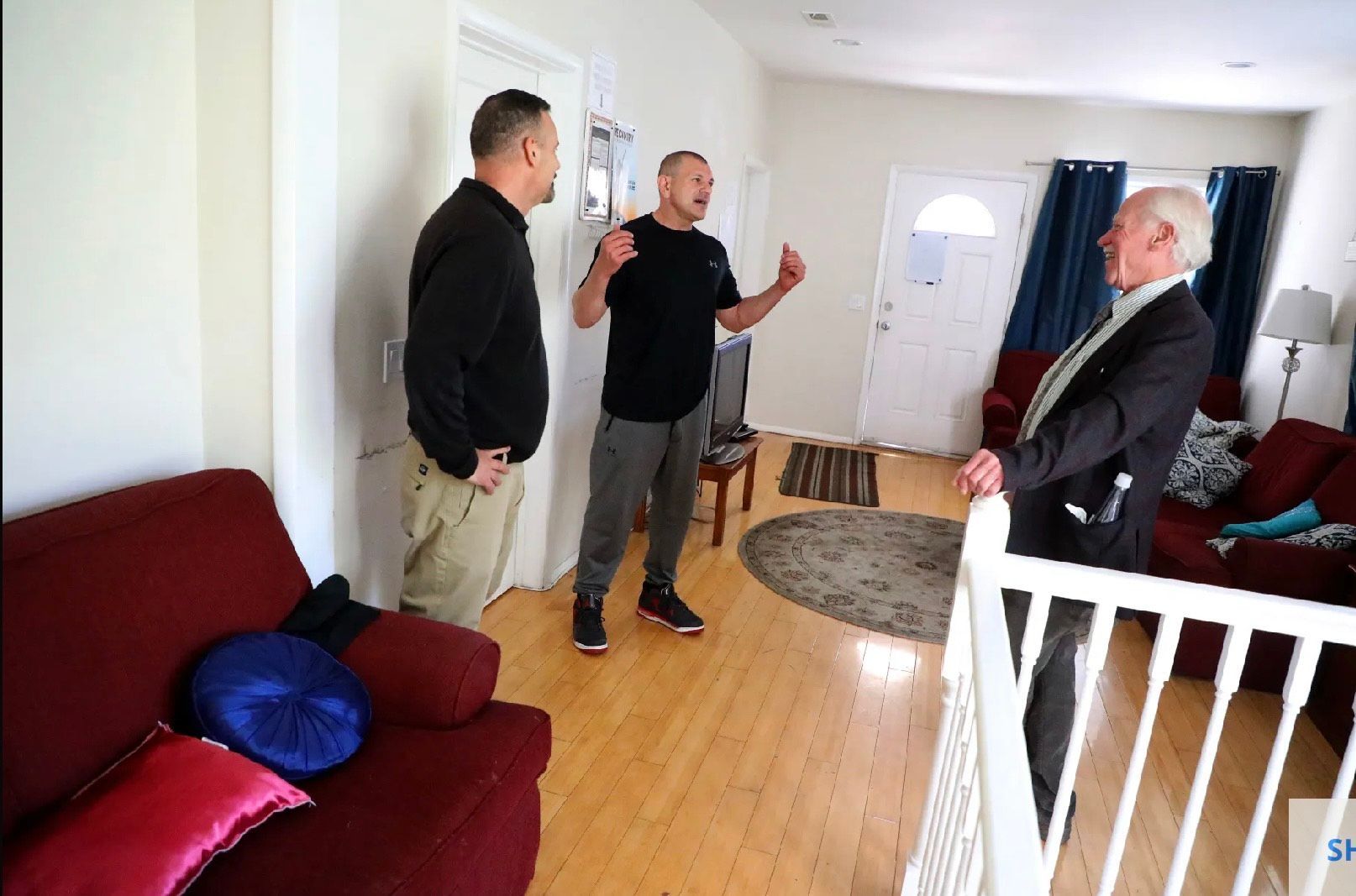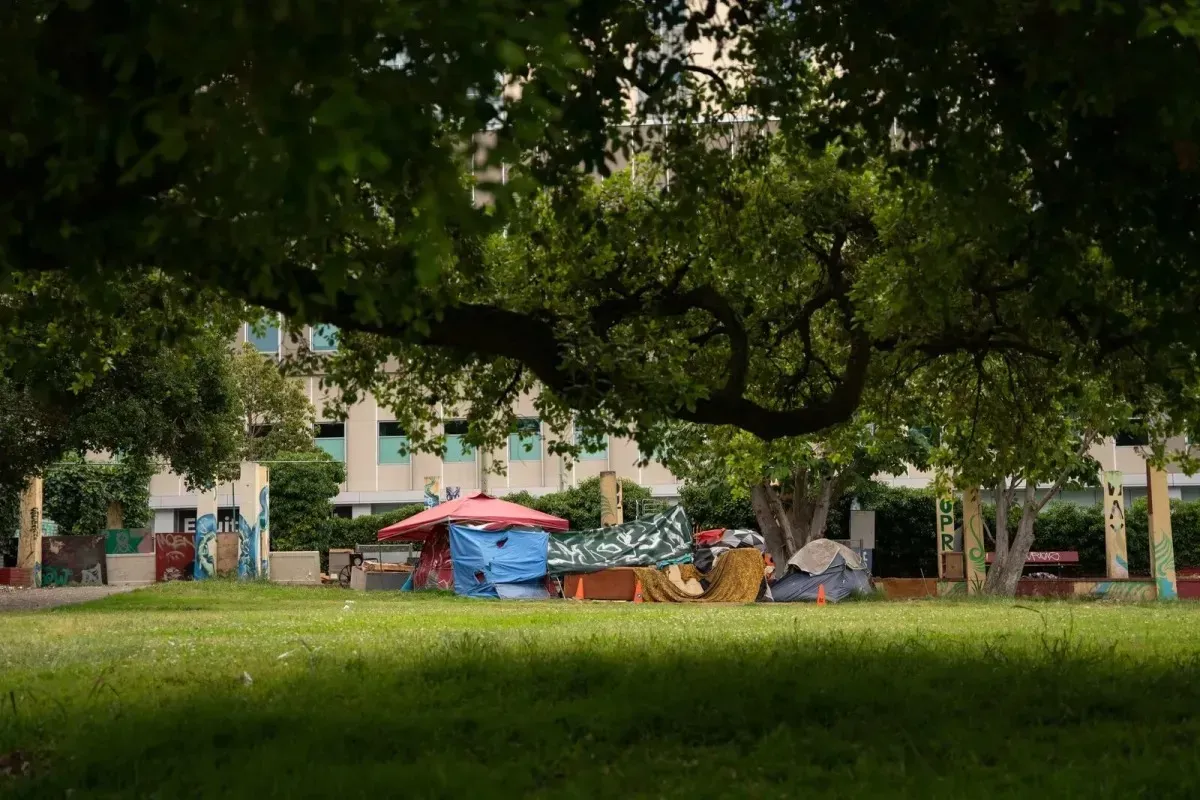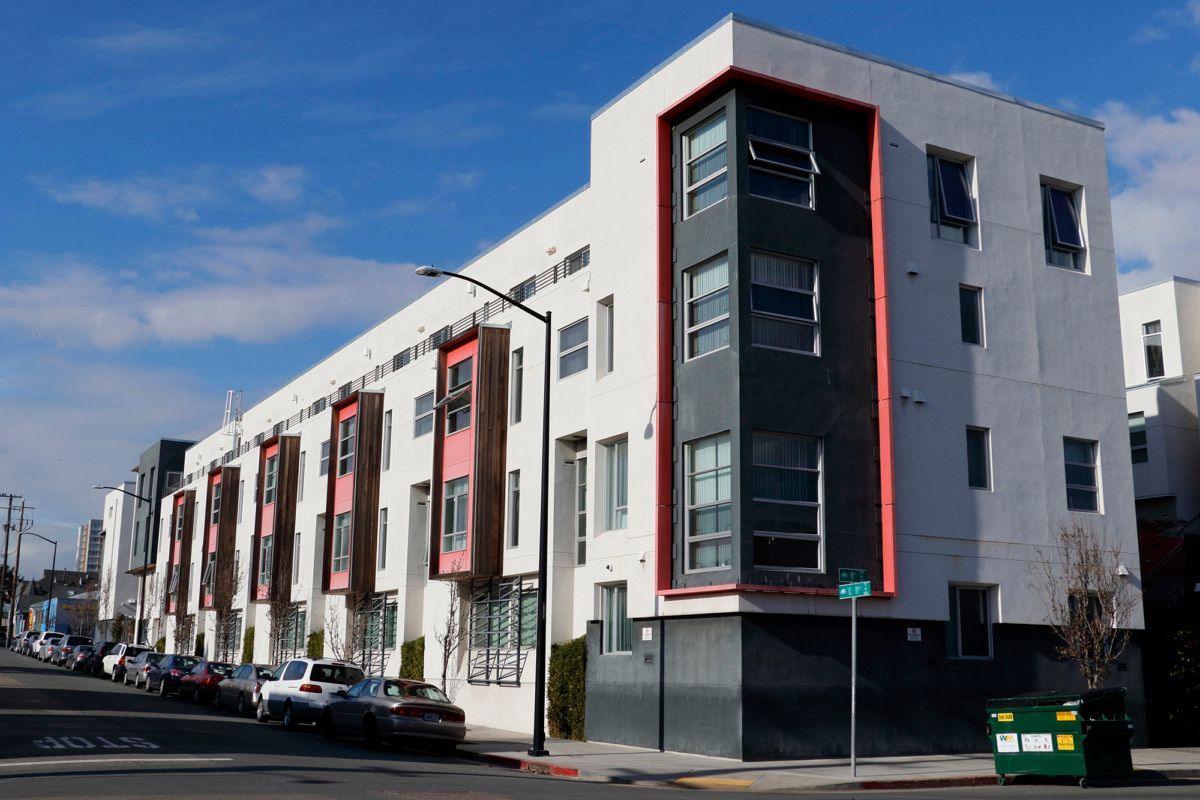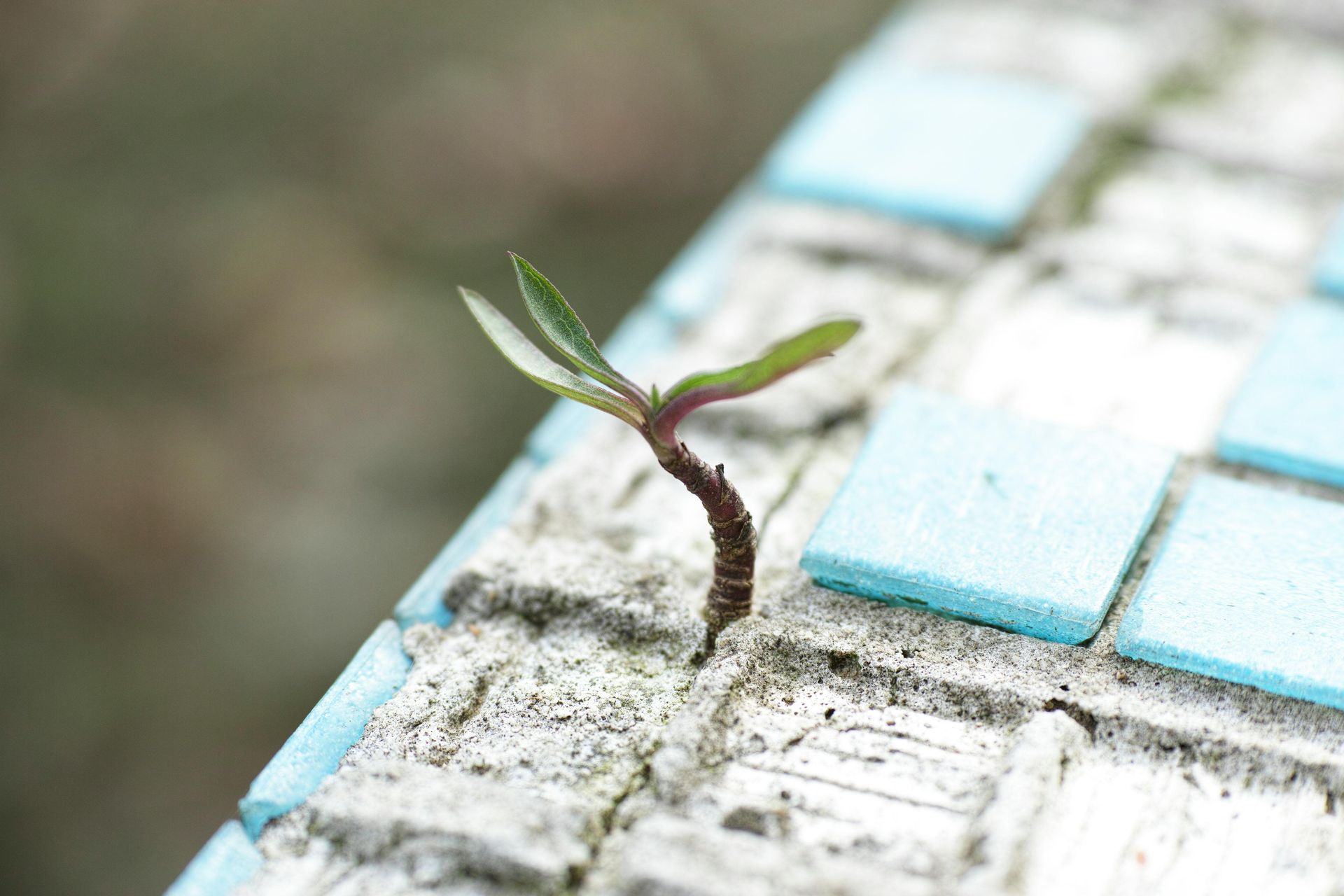Building a New Path: The Role of Community in Sober Living
Recovery is a journey that no one should walk alone.

At Hubbert Homes, we believe that the power of community is one of the most transformative aspects of sober living. Our sober living homes in Oakland, CA, are designed to provide not just housing but a network of support, encouragement, and shared experiences that empower women to thrive.
Why Community Matters in Recovery
Isolation can be one of the greatest obstacles to maintaining sobriety. A supportive community provides:
- Connection: Feeling understood and accepted reduces feelings of loneliness.
- Shared Accountability: Fellow residents and staff help you stay focused on your goals.
- Mutual Encouragement: Seeing others succeed reinforces the belief that you can, too.
The Benefits of Sober Living Communities
Sober living homes offer a unique environment where residents can focus on recovery while learning essential life skills. Here are some key benefits of joining a sober living community like Hubbert Homes:
- Structure and Routine: Daily schedules help residents establish healthy habits.
- Emotional Support: Group meetings and informal connections provide a safe space to share feelings.
- Skill Development: Many programs include workshops or access to resources like job training and financial literacy.
- Positive Role Models: Witnessing others’ progress serves as inspiration and a reminder that recovery is possible.
How Hubbert Homes Fosters Community
At Hubbert Homes, our sober living program in Oakland, CA, goes beyond providing a roof over your head. We strive to create a nurturing and empowering community through:
- Weekly Group Meetings: Residents gather to discuss challenges, celebrate milestones, and support one another.
- Shared Responsibilities: Collaborative living encourages teamwork and mutual respect.
- Resource Partnerships: We connect residents with local organizations for career support, counseling, and more.
Our mission is to ensure every woman feels valued, supported, and empowered to take the next steps toward a stable and fulfilling life.
Success Through Connection
One of our residents shared her journey: “I felt lost and alone before I came to Hubbert Homes. Living with women who understood my struggles and supported my goals made all the difference. Today, I’m working full-time and saving for my own place.”
This story highlights the profound impact of community on recovery. Together, we’re not just building stability—we’re building futures.
How to Join the Hubbert Homes Community
Are you or someone you love searching for a sober living environment in Oakland, CA? Hubbert Homes offers more than just housing—we provide a foundation for growth, connection, and independence.
Contact us today to learn more about our sober living program and how we can support your journey. Together, we can create a brighter future.







